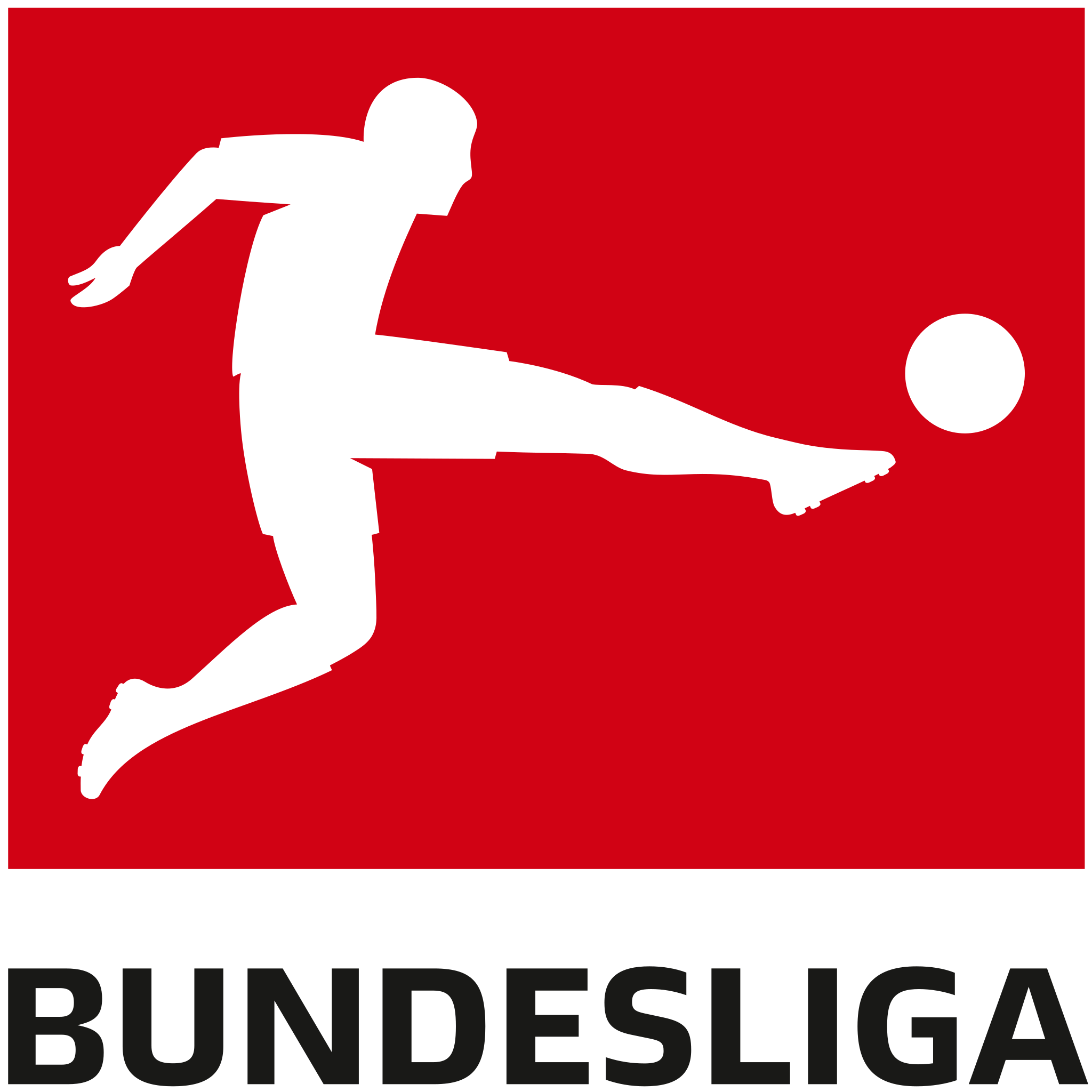Germany national football team
FIFA RANKING: 12
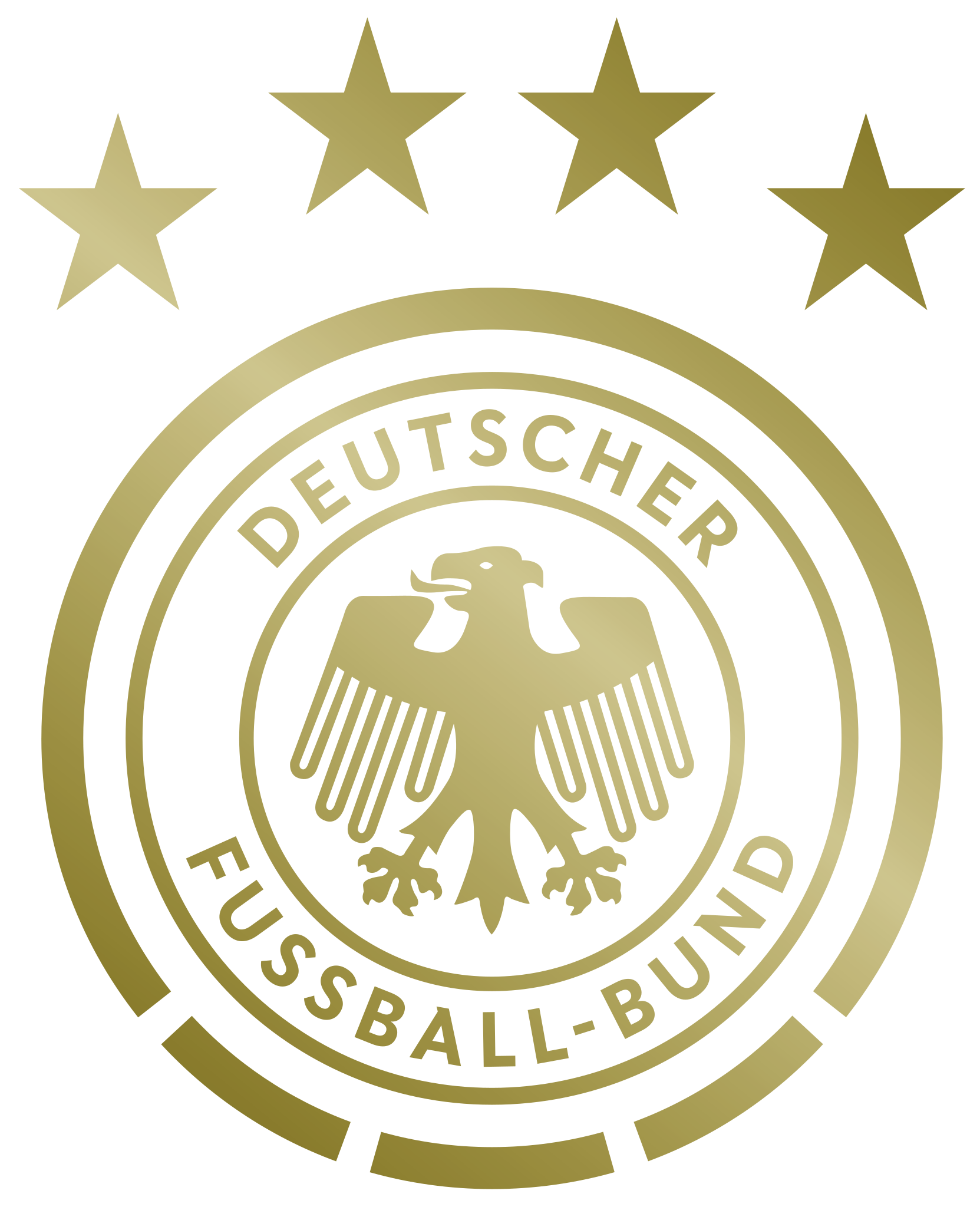
GOVERNING BODY:-
Deutscher Fussball-Bund (DFB)
HOME STADIUM:-
Olympiastadion Berlin, Berlin
CAPTAIN:-
Manuel Neuer
COACH:-
Hansi Flick
MOST CAPPED PLAYER:-
Lothar Matthaus (150 caps)
TOP SCORER:-
Miroslav Klose (71 goals)
STAR PLAYERS:-
Manuel Neuer, Joshua Kimmich, Ilkay Gundogan, Toni Kroos, Thomas Mueller, Timo Werner, Kai Havertz, Leroy Sane
NICKNAME:-
Die Mannschaft (The Team)
RIVALS:-
France
England
Italy
Netherlands
WORLD CUP:-
Appearances: 19
Best Result: Champions (1954, 1974, 1990, 2014)
EUROS:-
Appearances: 13
Best Result: Champions (1972, 1980, 1996)
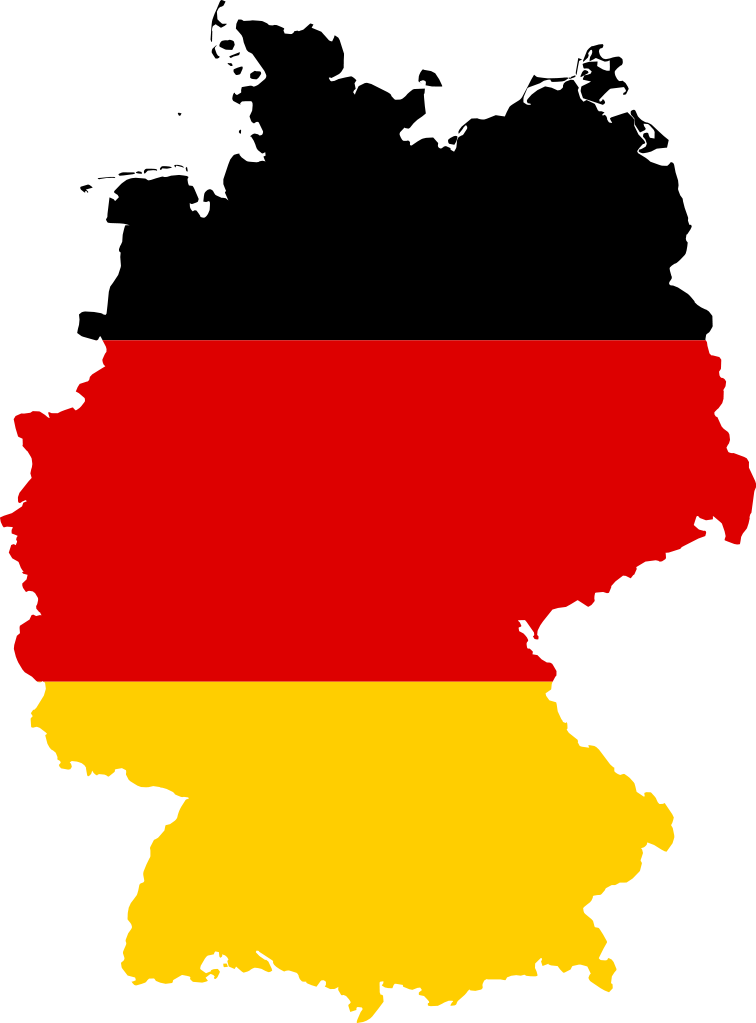
The Germany national football team represents Germany in men’s international football and played its first match in 1908.
The team is governed by the German Football Association (Deutscher Fußball-Bund), founded in 1900.
Between 1949 and 1990, separate German national teams were recognised by FIFA due to Allied occupation and division: the DFB’s team representing the Federal Republic of Germany (named West Germany from 1949 to 1990), the Saarland team representing the Saar Protectorate (1950–1956) and the East German team representing the German Democratic Republic (1952–1990).
The latter two were absorbed along with their records – the present team represents the reunified Federal Republic. The official name and code “Germany FR (FRG)” was shortened to “Germany (GER)” following reunification in 1990.
Germany is one of the most successful national teams in international competitions, having won four World Cups (1954, 1974, 1990, 2014), three European Championships (1972, 1980, 1996), and one Confederations Cup (2017).
They have also been runners-up three times in the European Championships, four times in the World Cup, and a further four third-place finishes at World Cups. East Germany won Olympic Gold in 1976.
Germany is the only nation to have won both the FIFA World Cup and the FIFA Women’s World Cup.
At the end of the 2014 World Cup, Germany earned the highest Elo rating of any national football team in history, with a record 2,205 points.
Germany is also the only European nation that has won a FIFA World Cup in the Americas (Brazil 2014).
Joachim Löw, the current head coach since 2006 and with the team since 2004 will step down after the UEFA Euro 2020 in 2021 as Hansi Flick will take over the job.
Football in Germany
Football is the most popular sport in Germany.
The German Football Association is the sport’s national governing body, with 6.6 million members (roughly 8% of the population) organized in over 26,000 football clubs.
There is a league system, with the Bundesliga, 2. Bundesliga and 3. Liga on top.
The winner of the Bundesliga is crowned the German football champion.
Additionally, there are national cup competitions, most notably the DFB-Pokal (German Cup) and DFL-Supercup (German Supercup).
The Germany national football team has won four FIFA World Cups (1954, 1974, 1990, 2014), being the joint-second most successful nation in the tournament only surpassed by Brazil.
It also holds a record (tied with Spain) of three UEFA European Championships (1972, 1980, 1996), and won the FIFA Confederations Cup in 2017.
The German women’s national football team has won two FIFA Women’s World Cups (2003, 2007) and a record eight UEFA European Women’s Championships (1989, 1991, 1995, 1997, 2001, 2005, 2009, 2013), as well as a gold medal in the Summer Olympics in 2016.
Germany is the only nation that has won both the men’s and women’s World Cup. No team has more combined men’s and women’s World Cup championships, and only the United States has won more combined men’s and women’s regional/continental championships (United States 12 in CONCACAF, Germany 11 in UEFA).
Germany was the host of the 1974 and 2006 FIFA World Cup, UEFA Euro 1988, and the 2005 FIFA Confederations Cup.
They also hosted the 1989, 1995 and 2001 UEFA European Women’s Championship and the 2011 FIFA Women’s World Cup.
Germany will host UEFA Euro 2024 after beating out rival Turkey by 8 votes (12–4).
Football competitions
Tier 1 – Bundesliga
The country’s premier football competition is the 18-team Bundesliga. Bayern Munich has won a record of 30 Bundesliga championships since the formation of the league in 1963.
Hamburger SV was the only team to have played in every Bundesliga season until the 2017–18 season when they were relegated for the first time in club history.
The second-tier league is known as the 2. Bundesliga.
A 3. Liga, run directly by the DFB instead of the DFB-affiliated German Football League (DFL, from the German Deutsche Fußball Liga) which operates the two Bundesligen, was introduced in 2008.
Tier 2 – 2. Bundesliga
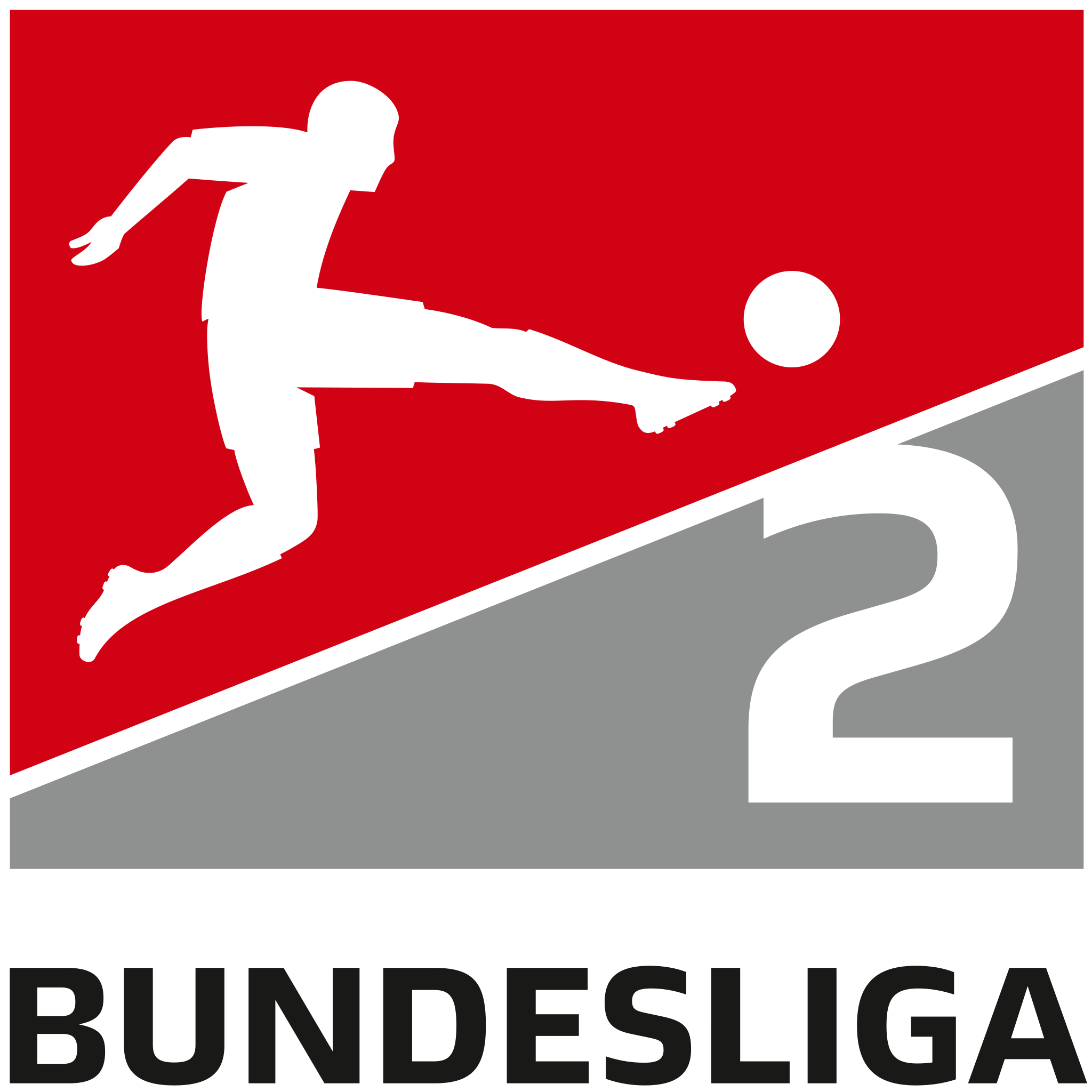
The 2. Bundesliga is the second division of professional football in Germany.
It was implemented 11 years after the founding of the Fußball-Bundesliga as the new second division for professional football.
The 2. Bundesliga is ranked below the Bundesliga and above the 3. Liga in the German football league system.
All of the 2. Bundesliga clubs qualify for the DFB-Pokal, the annual German Cup competition.
A total of 127 clubs have competed in the 2. Bundesliga since its foundation.
Tier 3 – 3. Liga
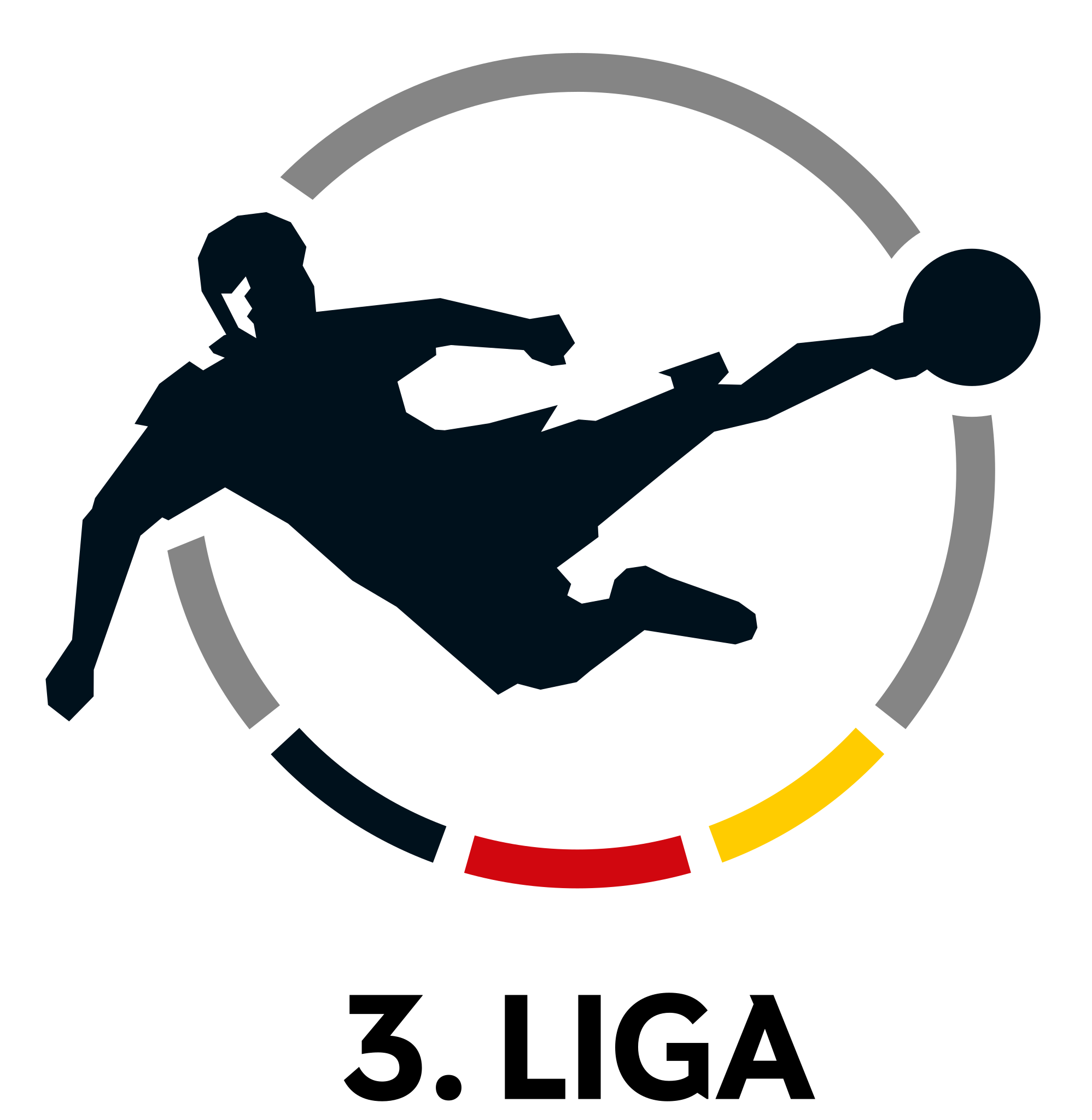
The 3. Liga is a professional association football league and the third division in Germany.
In the German football league system, it is positioned between the 2. Bundesliga and the fourth-tier Regionalliga.
The modern 3. Liga was formed for the 2008–09 season, replacing the Regionalliga, which had previously served as the third-tier in the country.
In Germany, the 3. Liga is also the highest division that a club’s reserve team can play in.
DFB-Pokal
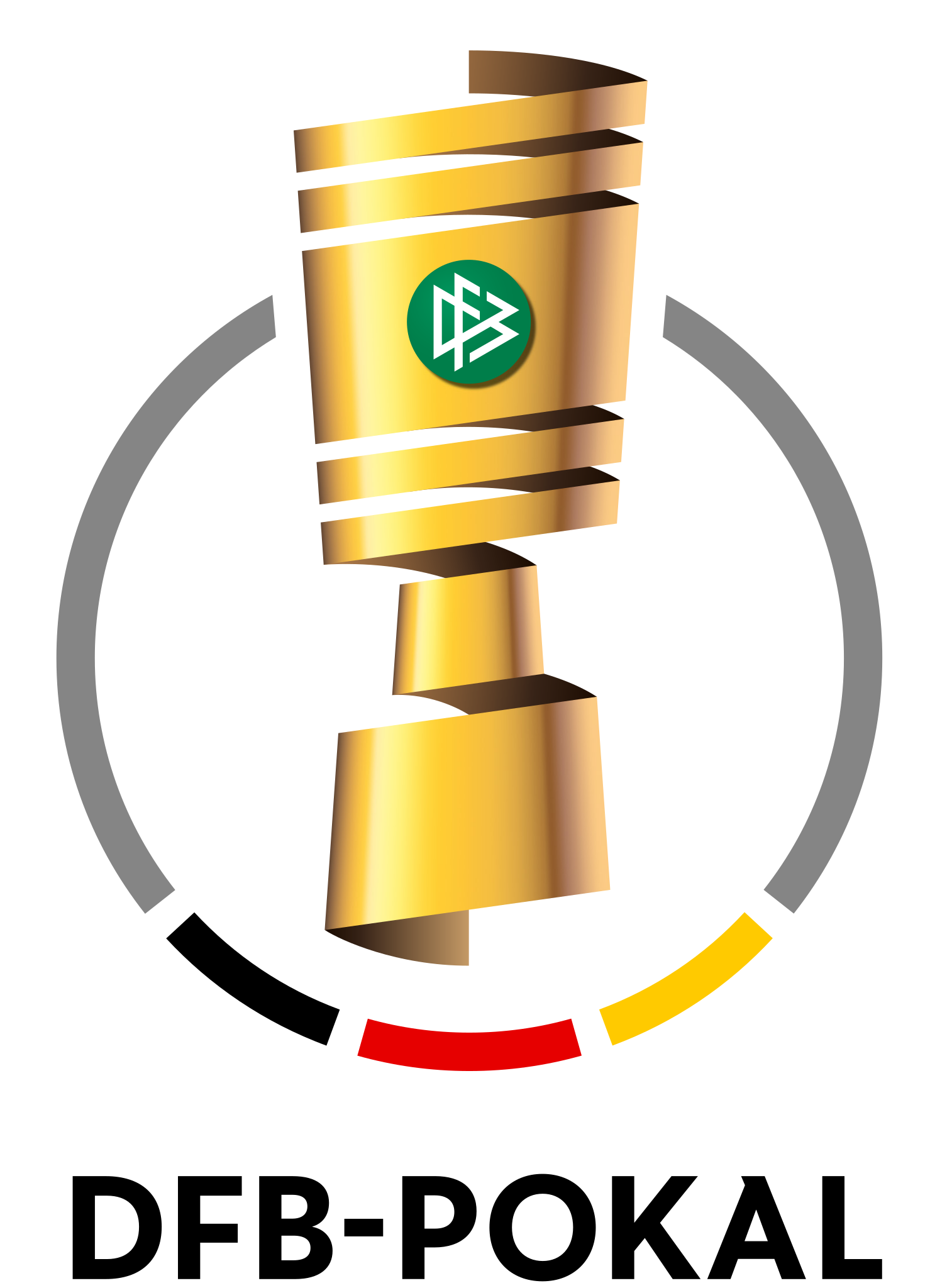
The Deutscher-Pokal is the annual cup competition held in Germany that is contested by the biggest clubs in German football.
It includes all the clubs from the Bundesliga and 2. Bundesliga and the top 4 finishers from 3. Liga who qualify automatically for the competition.
The DFB-Pokal begins with a round of 64 teams. The 36 teams of the Bundesliga and 2. Bundesliga, along with the top four finishers of the 3. Liga are automatically qualified for the tournament.
Of the remaining slots 21 are given to the cup winners of the regional football associations, the Verbandspokale.
The three remaining slots are given to the three regional associations with the most men’s teams. They may assign the slot as they see fit but usually give it to the runner-up in the association cup.
As every team taking part in the German football league system is entitled to participate in local tournaments which qualify for the association cups, every team can, in principle, compete in the DFB-Pokal.
The only exception is that reserve teams (e.g. Bayern Munich II) are ineligible to enter.
The winner of this qualifies for the UEFA Europa League unless the team has already qualified for the UEFA Champions League.
DFL-Supercup
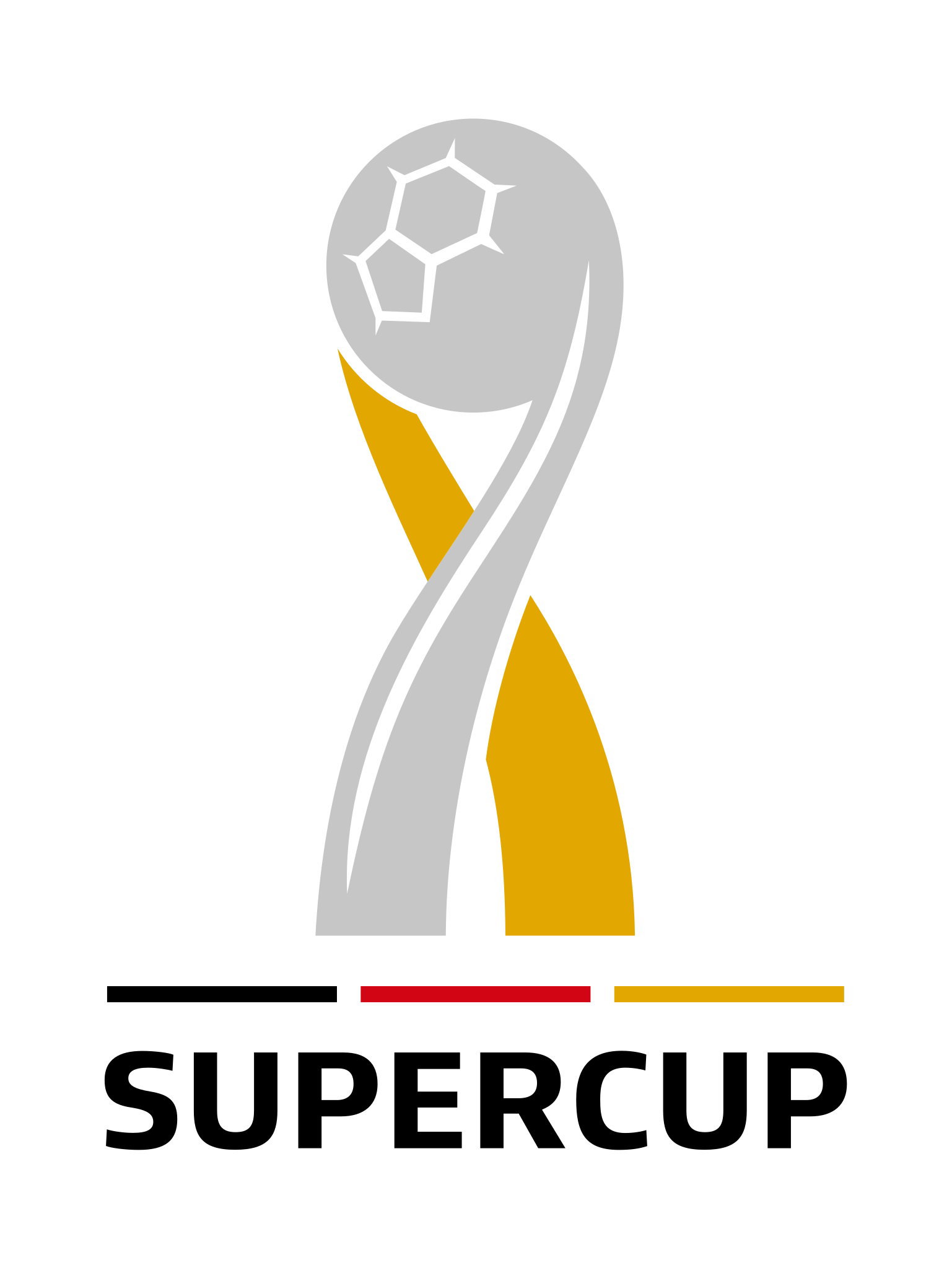 The DFL-Supercup or German Super Cup is a one-off football match in Germany that features the winners of the Bundesliga championship and the DFB-Pokal.
The DFL-Supercup or German Super Cup is a one-off football match in Germany that features the winners of the Bundesliga championship and the DFB-Pokal.
The DFL-Supercup is run by the Deutsche Fußball Liga (German Football League).
Since 2010, if one team wins the double (league and cup), the winner plays the runner-up of the Bundesliga.
No extra time is played in the case of a draw after 90 minutes, the match is then decided by a penalty shoot-out.

